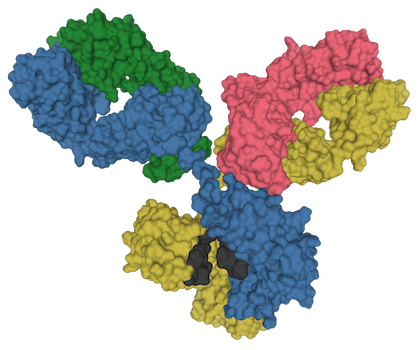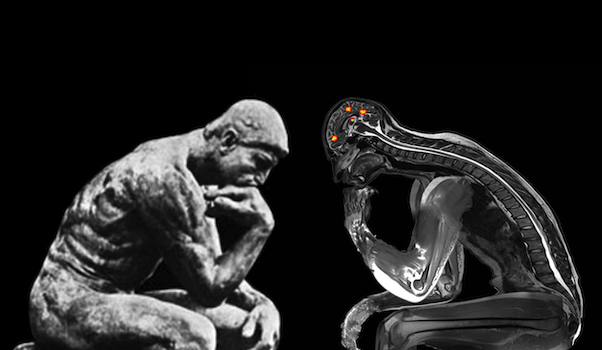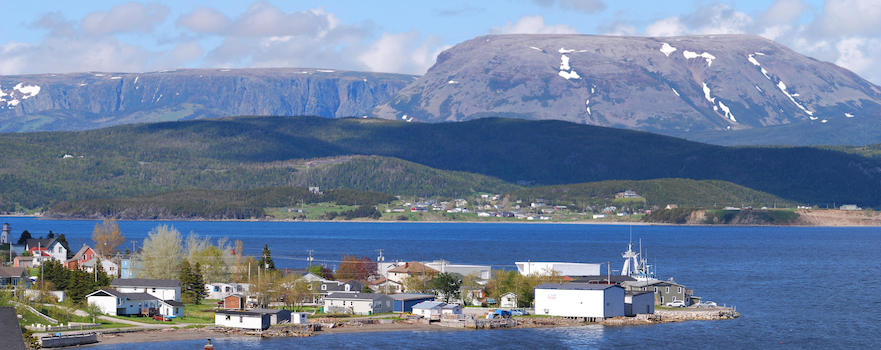Seeking a reality check for AI

It bears remembering that barely six months have passed since ChatGPT emerged as the first artificial intelligence (AI) technology to become openly accessible. And it was only last month Snapchat introduced its AI chatbot to all of its users. That may not seem like much time to weigh the implications of such a powerful and open-ended innovation, but the experts who shepherded it into existence are more than ready to offer their opinion.
“Powerful AI systems should be developed only once we are confident that their effects will be positive and their risks will be manageable,” reads an open letter published in March, which has garnered more than 30,000 signatures. The letter calls for a six-month “pause” on AI research, until an appropriate regulatory framework can be installed.
Among the first to sign this letter was Canada’s unofficial “godfather” of AI research, Yoshua Bengio, a pioneering investigator at the Université de Montréal and scientific director of Mila-Quebec AI Institute. He and others in the field had already sounded a similar alarm years ago, calling for a ban on the application of AI for military purposes. This time, however, he sees the accelerating rise of ChatGPT as an intrusion into the more intimate battlefield of everyday life.
“With the arrival of ChatGPT, we have witnessed a shift in the attitudes of companies, for whom the challenge of commercial competition has increased tenfold,” he wrote on his Web site. “There is a real risk that they will rush into developing these giant AI systems, leaving behind good habits of transparency and open science they have developed over the past decade of AI research.”
Others are more sanguine about the perils of such progress, including Massachusetts Institute of Technology professor Rodney Brooks, who previously directed MIT’s Computer Science and Artificial Intelligence Lab. In a lively Q&A for the Institute of Electrical and Electronics Engineers, he acknowledged that ChatGPT is an impressive public demonstration of a large language model, but it should not be regarded as the harbinger of artificial general intelligence so notorious in science fiction. Instead, it amounts to what he termed “another thing that’s useful”.
“I wrote a list of about 30 or 40 events like this over the last 50 years where, it was going to be the next big thing,” he said. “And many of them have turned out to be utter duds. They’re useful, like the chess-playing programs in the ’90s. That was supposed to be the end of humans playing chess. No, it wasn’t the end of humans playing chess. Chess is a different game now and that’s interesting.”
No less sanguine is Jennifer Flanagan, the CEO of Actua, a national network that advocates for STEM education and skills, interacting with upward of 350,000 young Canadians every year through activities such as science-based summer camps. The curriculum featured at those camps has long included sessions on digital literacy, teaching kids who have grown up on-line the intricacies of staying safe in virtual settings.
For Flanagan, bringing ChatGPT or AI chatbots into this discussion is a natural extension of a technological environment that continues to grow more complex and challenging. She regards Actua’s mandate as preparing and educating everyone about this environment, and how they should approach it.
“Not to necessarily take sides about whether it’s good or bad,” she told Research Money. “We think there’s a lot of good in it, while being very cognizant of the risks. The risks and some of the downsides can be mitigated, and should be mitigated. Parents — even those that are not comfortable with technology — have a lot of capacity to influence to the positive the way youth are using these tools and manage the potential side effects.”
Like Brooks, Flanagan has her own list of powerful tools that have appeared over the last 50 years, starting with hand-held electronic calculators. Those devices prompted fears that young people would forget how to do math, but instead they allowed us to get more done, and to do it faster and more accurately. She is similarly optimistic about the role AI will ultimately play in our lives.
“I’ve told my entire staff, everyone should be trying it,” she said. “I’ve seen teachers use it in such wonderful, creative, useful ways, really what’s it’s meant for, which is automating certain tasks, which frees up time for other things that are important in the classroom. Everybody should be using it as much as you possibly can, because it is an incredibly powerful tool, especially for people who are literate in fact-checking and critical thinking skills.”
Actua also collaborates with the CIFAR’s Pan-Canadian AI Strategy, which draws together the country’s major hubs of research and development. Elissa Strome, who became the initiative’s executive director when it was launched in 2017, said the relevance of this work is now on full display.
“It is dinner-table conversation,” she told Research Money. “We’ve seen a real explosion of awareness, curiosity, and concern about AI, and generative AI in particular. You need to understand that this is going to be ubiquitous in our lives, and how does that change the way we relate to information and to each other?”
Strome endorses Actua’s goal of orienting members of the generation who will encounter AI in much the same routine way they do social media. More specifically, she has helped Actua incorporate AI into the content of Actua’s National Indigenous Youth in STEM Program, which is brought to students in their classrooms as well as in a community-based camp format.
In fact, what worries Strome about AI is not whether we will successfully wield it as a tool, but whether we can come to terms with its profound environmental impact.
“The natural resources that we use to create AI are quite significant,” she said, noting that this problem was raised at CIFAR AI for Energy and the Environment Symposium in April. Given all the emphasis on AI’s more abstract effects — on business, society, and human identity — Strome cautioned that it could be all too easy to overlook the growing physical effects of creating this unprecedent amount of computing power.
“If we don’t stop and reflect on that — think about the relationship between technology and the environment — then we’re missing something.”
R$
| Organizations: | |
| People: | |
| Topics: |
Events For Leaders in
Science, Tech, Innovation, and Policy
Discuss and learn from those in the know at our virtual and in-person events.
See Upcoming Events
You have 0 free articles remaining.
Don't miss out - start your free trial today.
Start your FREE trial Already a member? Log in
By using this website, you agree to our use of cookies. We use cookies to provide you with a great experience and to help our website run effectively in accordance with our Privacy Policy and Terms of Service.





